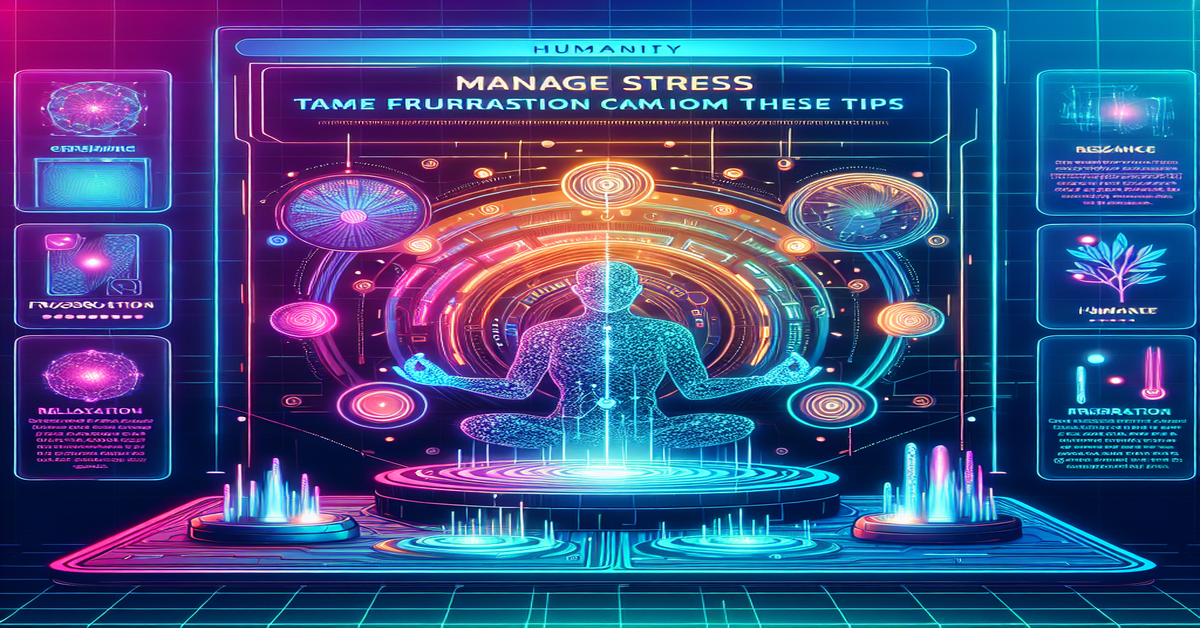Category: Humanity
-

Imagery Disorders: Finding the Right Support Group
Understanding Imagery Disorders Imagery disorders refer to a range of conditions where individuals experience challenges with visual or mental imagery. These disorders can affect a person's ability to visualize images in the mind's eye, a phenomenon sometimes described as a blind mind. One well-known imagery disorder is aphantasia, where individuals are unable to voluntarily visualize…
-

Aphantasia and Meditation: Exploring the Connection
Understanding Aphantasia Aphantasia is a phenomenon characterized by the inability to visualize mental images. People with aphantasia do not experience the mind's eye, a term used to describe the ability to picture imagery in the mind. This condition can manifest in a variety of ways. While some individuals may not be able to visualize any…
-

Sensory Imagination: Unlocking Creative Potential
Understanding Sensory Imagination Sensory imagination is a fascinating aspect of human creativity that involves the ability to vividly envision sensory experiences in the mind. This mental process allows individuals to conjure images, sounds, tastes, textures, and smells without external stimuli. Its roots can be traced back to our survival instincts, where visualizing scenarios might have…
-

Imaginative Prowess in Everyday Life
Unleashing Creativity Daily In the hustle of everyday life, tapping into the reservoir of our imagination can transform mundane experiences into vibrant explorations of creativity. Simple acts like rearranging our workspace or cooking a meal provide ample opportunities for creative expression. The key is to allow ourselves to think beyond the usual patterns, seeing beyond…
-

Recognize ADHD Signs and Seek Help
Understanding ADHD in Adults Attention Deficit Hyperactivity Disorder, commonly known as ADHD, is a neurological condition that impacts various aspects of life, including focus, behavior, and impulse control. Although it is often associated with children, the disorder persists into adulthood for many individuals, which can present unique challenges. Unlike the more overt manifestations seen in…
-

Mental Health Tips for Remote Workers
Understanding Remote Work Challenges The shift to remote work, particularly in recent years, has brought about a unique set of challenges that can significantly affect mental health. One of the key issues faced by remote workers is the blurring of lines between personal and professional life. Without the physical separation of an office environment, many…
-

Future of Remote Work 2024
Introduction to Remote Work Trends In recent years, remote work has evolved from a temporary necessity into a permanent fixture in the professional landscape. Companies and employees around the globe have experienced and embraced remote work, leading to an evolution in how work is perceived and executed. The transformation was initially driven by the global…
-

Manage Stress: Tame Frustration with These Tips
Understanding Stress and Its Impact Stress is a natural response to the demands and challenges we face daily. It is a psychological and physiological reaction that can arise from various situations, whether at work, in personal life, or during routine activities. When perceived as overwhelming, stress can significantly affect an individual's wellbeing and mental health.…
-

Free Will vs. Determinism: Exploring the Debate
Understanding Determinism Determinism is a philosophical concept asserting that all events, including human actions, are ultimately determined by causes external to an individual's will. This viewpoint posits that every decision or action is the inevitable result of preceding circumstances and natural laws, suggesting a universe where free will does not truly exist. At the heart…
-

Preventative Healthcare: Simple Strategies to Stay Healthy
Understanding Preventative Healthcare Preventative healthcare is a proactive approach that focuses on maintaining health and preventing disease before it occurs. This concept is rooted in the idea that taking steps to prevent illness is not only more efficient than treating disease but also leads to better overall quality of life. Preventative strategies include regular screenings…